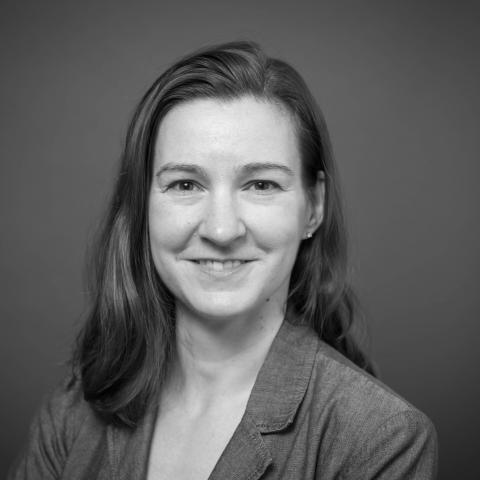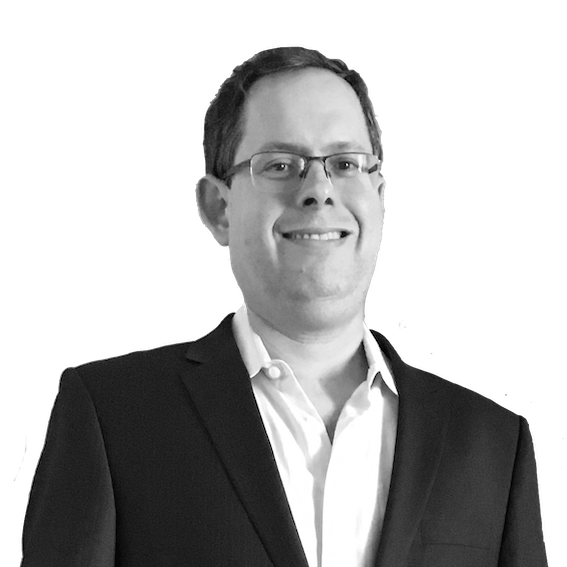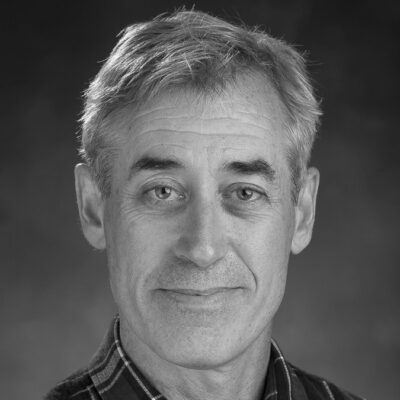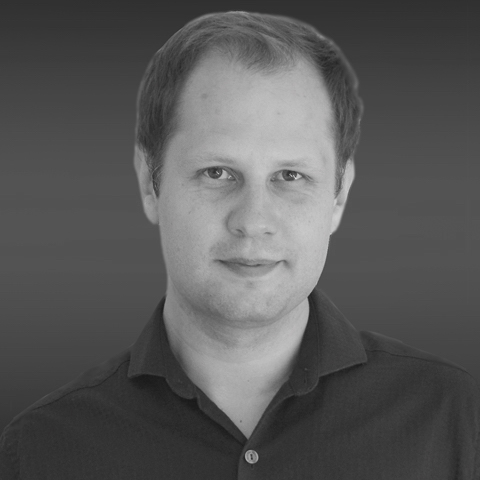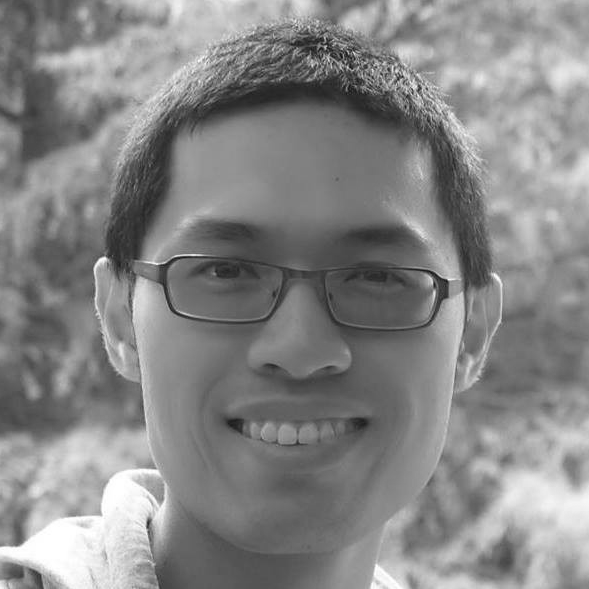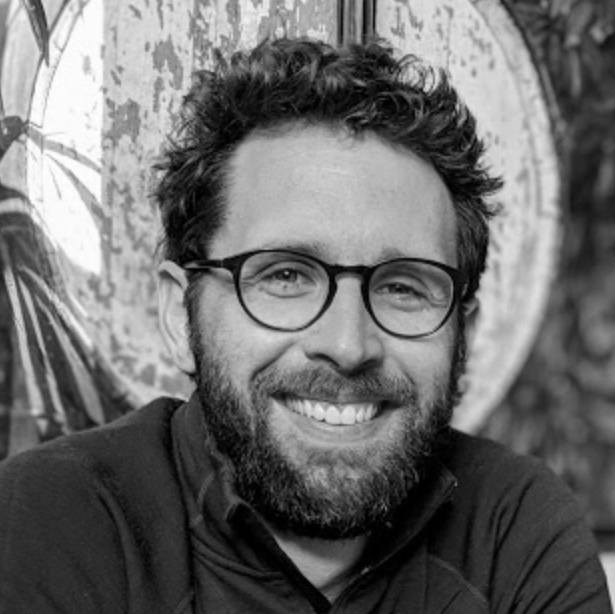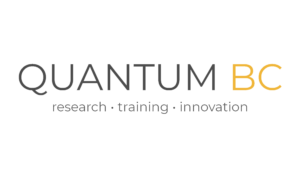PEOPLE
The people listed below reflect the Quantum Computing research community within universities and research institutes across British Columbia in Canada.
Thomas Baker
Position: Assistant Professor
Categories: Algorithms, Applications, Fundamental Theory, Graduate Research Training Program, Spins in Si, Superconducting, UVic
Location: UVic
Thomas Baker is an Assistant Professor in the Department of Physics & Astronomy and also the Department of Chemistry at the University of Victoria in British Columbia, Canada. He earned a M.Sc. from California State University, Long Beach where he graduated on the Dean’s List of Scholars and Artists and held a graduate research fellowship. He earned a Ph.D. from the University of California, Irvine with the support of the Achievement Rewards for College Scientists (ARCS) fellowship before he was the Prized Postdoctoral Scholar in Quantum Sciences and Technology at Institut quantique at l’Université de Sherbrooke. He recently was a Fulbright U.S. Scholar at the University of York in the United Kingdom.
Thomas’s research interests are widespread in the field of quantum computing. He is interested in how to make quantum computers and design quantum materials for qubits and quantum error-correction. He also develops new algorithms for quantum chemistry on the quantum computer. Many times, numerical examples are produced in a custom-built tensor network library called DMRjulia, but other techniques are also used.
Thomas Baker
Assistant Professor
Thomas Baker is an Assistant Professor in the Department of...
Sarah Burke
Position: Associate Professor
Categories: Graduate Research Training Program, Photonics, Superconducting, UBC
Location: UBC
Sarah Burke is an Associate Professor in the Department of Physics and Astronomy at the University of British Columbia. She obtained her PhD from the University of McGill in 2009 and joined UBC in 2010. The principal aim of her research is to build an understanding of important electronic and optoelectronic processes in a wide range of materials from the atomic scale up. In particular, the role of interfaces in organic and nanoscale materials is often of crucial importance for applications oriented processes, yet is frequently not fully understood. Scanning probe microscopy offers the ability to investigate such interfaces at the atomic level. Dr. Burke’s research makes use of scanning probe microscopy (SPM) techniques including atomic force microscopy (AFM) and scanning tunnelling microscopy (STM) in ultrahigh vacuum (UHV) and at low temperatures (~4K). This clean, low-temperature environment allows the characterization of well defined systems, with sufficiently high energy resolution for most organic and nanoscale systems of interest, and with the level of stability required to achieve measurements on individual nanostructures.
Sarah Burke
Associate Professor
Sarah Burke is an Associate Professor in the Department of...
Rogério de Sousa
Position: Associate Professor
Categories: Algorithms, Graduate Research Training Program, Photonics, Quantum Hardware, Spins in Si, Superconducting, Undergraduate Training, UVic
Location: UVic
Prototype “noisy” quantum computers based on several different technologies are now accessible over the cloud. However, the level of noise is often 10-100 times higher than the error correction threshold, hindering demonstrations of quantum advantage over conventional computers. The de Sousa research group is addressing this problem in both the hardware and software fronts. In hardware, the group is developing theory to elucidate the origin of noise and decoherence in the materials and devices used to build quantum computers. These theories are being compared to experiments at universities and companies around the world. In software, the research group is developing algorithms to benchmark and mitigate noise, and is using these findings to improve the output of quantum algorithms in cloud-based devices.
Rogério de Sousa
Associate Professor
Prototype "noisy'' quantum computers based on several different technologies
J. Steven Dodge
Steve Dodge is an Associate Professor of Physics at Simon Fraser University who specializes in using femtosecond pulses of light to understand materials both in and out of equilibrium. His research focuses on quantum materials, including superconductors, magnetic materials, and topological electronic materials. He is an expert in a wide range of optical measurement techniques, including time-domain terahertz spectroscopy, pump-probe spectroscopy, coherent nonlinear optical spectroscopy, and polarization-sensitive measurements. He has been a Sloan Fellow, a Cottrell Scholar, and a member of the CIFAR Programs in Superconductivity, Quantum Matter, and Quantum Materials.
J. Steven Dodge
Associate Professor
Steve Dodge is an Associate Professor of Physics at Simon...
Roman Krems
Position: Professor
Categories: Algorithms, Applications, Graduate Research Training Program, Ions traps and AMO, Spins in Si, Superconducting, UBC
Location: UBC
Roman Krems is Professor of theoretical chemistry at the University of British Columbia in Vancouver, Canada. His current research interests include applications of machine learning for solving complex quantum problems, the development of quantum-inspired machine learning algorithms, and quantum machine learning. He is particularly interested in applications of Bayesian machine learning for inverse quantum problems, accelerating and improving the accuracy of quantum scattering calculations, and the development of machine learning methods for accurate extrapolation of solutions of complex physical equations. His group works on applications in quantum chemistry, quantum dynamics, quantum computing and quantum scattering theory. He graduated from Moscow State University in Moscow, Russia, in 1999, and obtained his PhD in physical chemistry from Göteborg University in Göteborg, Sweden, in 2002. He was a SAO predoctoral fellow at the Harvard-Smithsonian Center for Astrophysics in 2001–2002 and a postdoctoral fellow at the Harvard physics department and the Harvard-MIT Center for Ultracold Atoms in 2003–2005. He is fellow of the American Physical Society and member of the College of the Royal Society of Canada.
Roman Krems
Professor
Roman Krems is Professor of theoretical chemistry at the University...
Hoi-Kwan (Kero) Lau
Position: Assistant Professor
Categories: Algorithms, Applications, Fundamental Theory, Graduate Research Training Program, Ions traps and AMO, Photonics, SFU, Superconducting
Location: SFU
Kero is an Assistant Professor at the Department of Physics at Simon Fraser University. Before joining SFU in 2020, Kero got his PhD at the University of Toronto, and worked as a postdoc fellow at Ulm University, Max Planck Institute, and University of Chicago. Kero is a theorist working on the interplay of quantum physics and quantum information, with the focus on bosonic quantum systems, i.e. systems that behave as harmonic oscillators. His current interests include studying the properties of engineered quantum systems (e.g. optomechanics, microwave in superconducting resonator, trapped ions, photon in waveguide), and analyzing the practical performance of various technologies (e.g. sensing, communication, computation, simulation).
Hoi-Kwan (Kero) Lau
Assistant Professor
Kero is an Assistant Professor at the Department of Physics...
Andrew Potter
Position: Assistant Professor
Categories: Algorithms, Applications, Fundamental Theory, Ions traps and AMO, Superconducting, UBC
Location: UBC
Andrew Potter is an Assistant Professor in the Department of Physics and Astronomy and the Stewart Blusson Quantum Matter Institute at the University of British Columbia. His research leverages theoretical tools from quantum information to address fundamental scientific questions such as what are the possible phases of matter? and, when do (or more interestingly don’t!) quantum systems reach thermal equilibrium? He also works on the theory and modelling of quantum computing- and quantum simulation- hardware in solid-state devices and AMO systems, and has recently focused on developing near-term quantum algorithms for material simulation based on quantum tensor network methods. Andrew obtained his PhD in theoretical condensed matter physics from MIT, and was a Gordon and Betty Moore Foundation postdoctoral fellow at University of California, Berkeley. Before joining UBC, Andrew was an Assistant Professor of Physics at the University of Texas at Austin, and a principal physicist in the theory and algorithms group at Honeywell | Quantum Solutions. He is a Sloan Research Fellow, and has received a US National Science Foundation early career award, the IUPAP 2021 Young Scientist award.
Andrew Potter
Assistant Professor
Andrew Potter is an Assistant Professor in the Department of...

